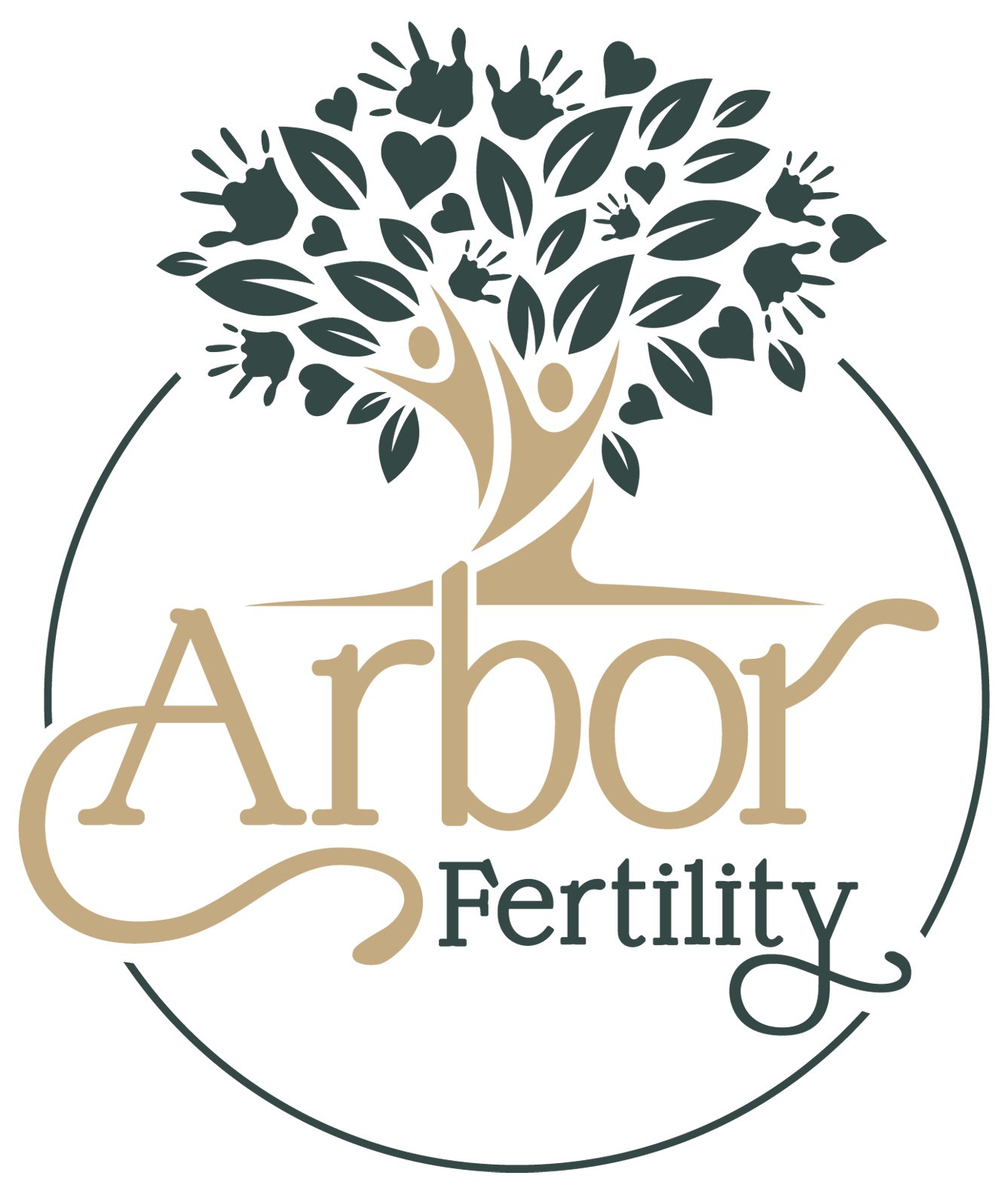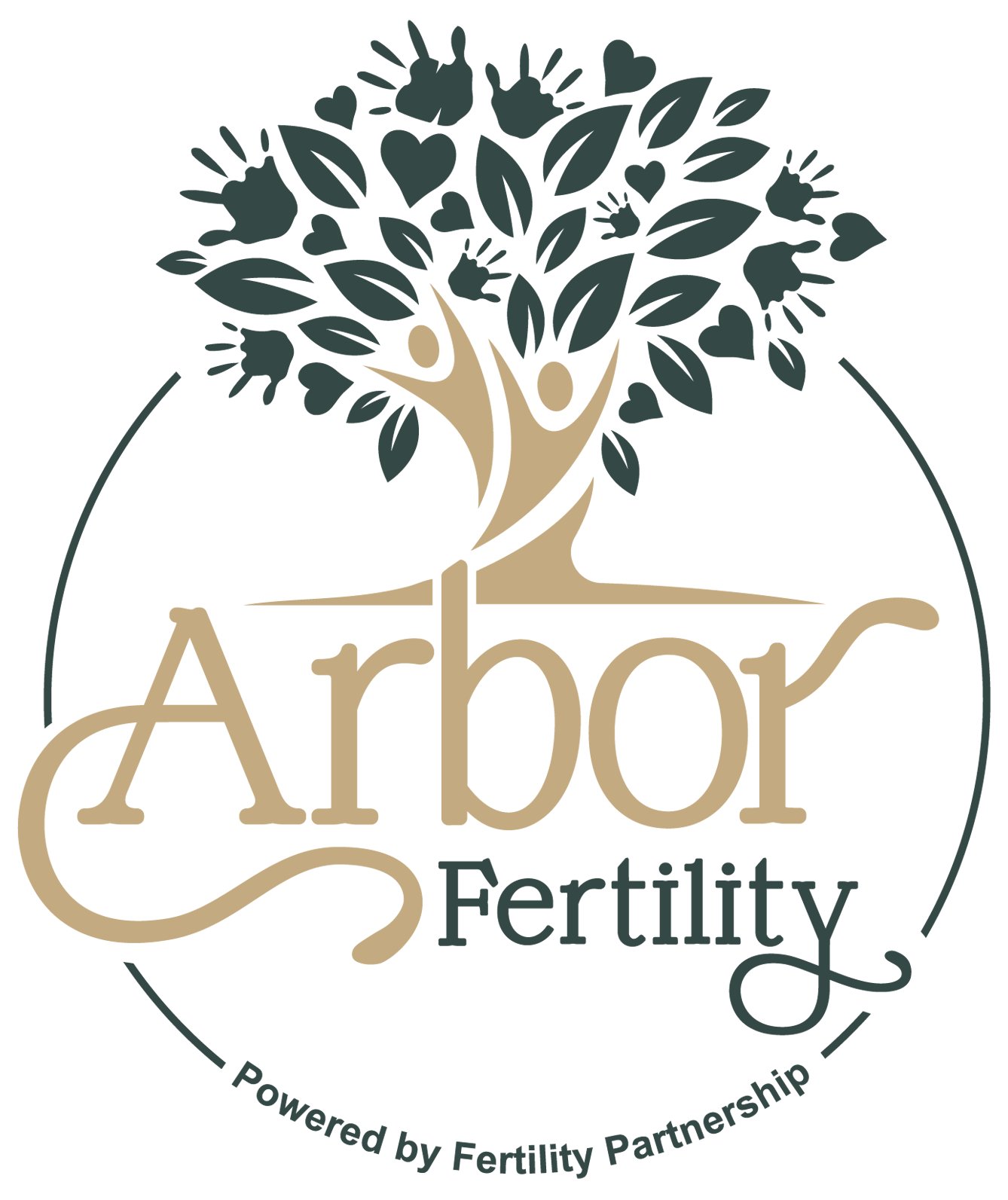The Role of Age in Fertility
Feb 27, 2023 - 10 min read
By: Dr. Karenne Fru, Muna Fertility
A woman's ability to successfully get pregnant relies on a number of contributing factors. It's important to understand the variables that can impact fertility in order to identify any potential issues. Fertility by age is one of the most significant factors to consider for both partners. Here's what you need to know about age and its effect on both women and men as they try to conceive.
The role of age on fertility in women
Age is the single biggest predictor of fertility in women and it is a non-modifiable risk factor for achieving pregnancy. Female fertility begins to decline in the late 20s and early 30s. Research shows that the women's fertility age decline occurs more rapidly at age 37 and beyond. Success rates are lower in this age range for both natural pregnancies and assisted fertility treatments.
Additionally, age also contributes to an increased risk of miscarriage and chromosomal abnormalities. Older mothers are also more prone to preterm delivery, hypertension, and other pregnancy complications.
As women reach the perimenopausal, menopausal, and postmenopausal stages, hormone levels change and menstruation eventually stops. That means a woman is no longer ovulating and cannot naturally conceive. However, it is possible to use your own frozen eggs or donor eggs to complete in vitro fertilization (IVF) thus allowing for pregnancy at later ages.
The role of age on fertility in men
Men also face deceased fertility as they age, but at a slower rate than women. One study revealed that men who were 40 or older were 30% less likely to conceive with their partner compared to their counterparts under 30 years old (the study also accounted for the age of their female partners).
Male fertility age impacts a few different aspects of male fertility, including:
Sperm count: Sperm counts are actually down across the world due to environmental and lifestyle factors, but may also be impacted by age.
Motility: The sperm's ability to move decreases 0.17% to 0.6% each year for men.
Morphology: Referring to the shape of sperm, morphology steadily declines between 0.4% and 0.9% each year of age.
Older men are also at an increased risk of having children with chromosomal abnormalities.
The role of lifestyle on fertility
However, age isn't the only contributor to infertility. Lifestyle factors also have a major impact. Some of the top issues for both women and men include:
Smoking causes a host of reproductive problems, including an impact on hormone production and sperm DNA.
Prolonged alcohol consumption affects the regularity of menstruation and ovulation in women, and decreases testosterone and sperm production in men.
Excessive weight in women also impacts ovulation and egg quality. For men, being overweight can hurt sperm count. A fertility diet can not only help you shed pounds, but also boost the vitamins and nutrients to support a successful pregnancy.
Controlling as many of these factors as possible can help preserve fertility longer and improve your chance of pregnancy by age, whether you're trying for a natural conception or using assisted reproductive technology.
The psychological impact of age and fertility
Even though the average age of parenthood is increasing in the U.S. (it recently jumped from 27 to 30 years old), there are still ingrained societal pressures that push to have children at a certain age. This can cause even more stress, whether you're facing infertility issues or simply have a different family plan in mind.
It's important to pay attention to your mental health while navigating your fertility journey. Depression and anxiety are common issues, particularly among women experiencing infertility. Seek out support from trusted friends, family members, and mental health professionals to help you cope with your journey, whatever it may be. The goal is to feel empowered to pursue your unique reproductive goals.
Fertility preservation options
Both women and men can opt for fertility preservation if they're not ready to conceive but want to mitigate the role of age on reproduction later on in life. There are several fertility preservation methods available, including freezing eggs, sperm or embryos. So whether you're not ready to start a family or are undergoing some type of medical treatment that can impact fertility, you'll secure your healthiest eggs before any future impact occurs.
There are no guarantees that fertility preservation will lead to a successful pregnancy later on, but it does expand your options later on when you're ready to grow your family.
The importance of seeking medical advice
It's never too early to start thinking about fertility and your reproductive options at any age. Speak to a medical professional to start getting personalized information on how to best plan for your future. As actress Jennifer Aniston recently revealed in an interview with Allure magazine, "I would've given anything if someone had said to me, 'Freeze your eggs. Do yourself a favor.' You just don't think it." This is common to hear from women presenting for fertility care in their 40s.
By consulting with a fertility specialist, you can get personalized advice and treatment options based on your age, lifestyle, and medical history. Seeking out care and having a discussion about future fertility earlier in life leaves the most options open to you.
Future advancements in fertility treatments
The good news for women and men of all ages is that fertility technology is constantly improving. Not only are there incredible fertility treatments available today, the future will likely bring even more advancements in this field. For instance, at Oma Fertility, we use Sperm InSight, a proprietary AI technology, to identify the most promising sperm for IVF. Egg freezing capabilities have also reached new levels. Our vitrification process, for instance, prevents damage from ice crystal formation.
Conclusion
Age may be the dominant indicator for fertility in both women and men, but that doesn't mean a certain number is a line drawn in the sand with no hope of pregnancy on the other side. While you should certainly consider age and fertility when making reproductive decisions, there are options available across age ranges. And mitigating other contributing factors, like smoking and weight gain, can also help.

